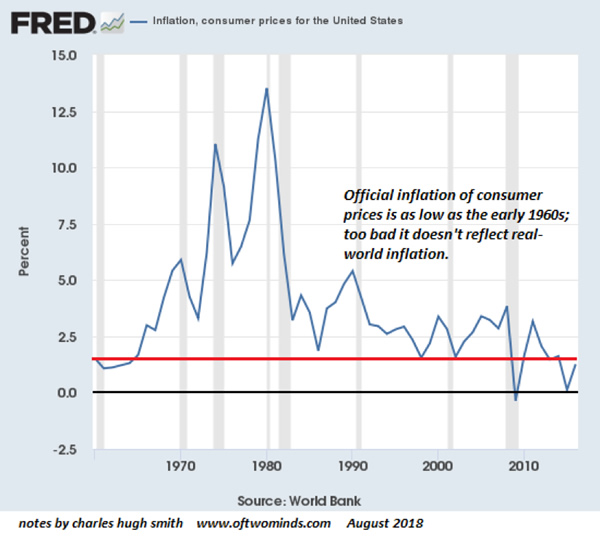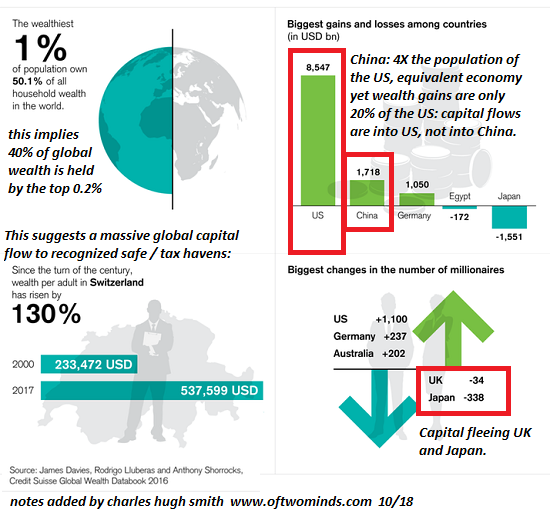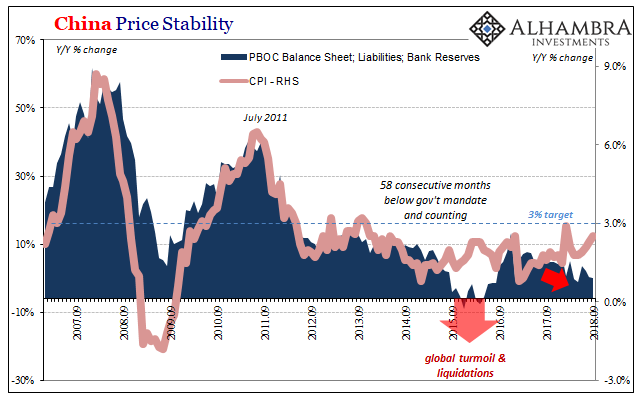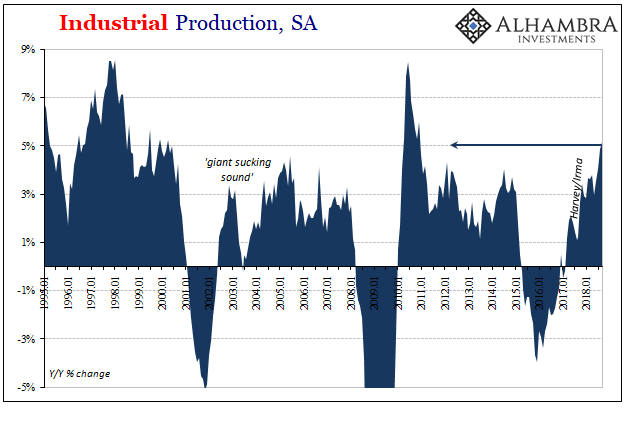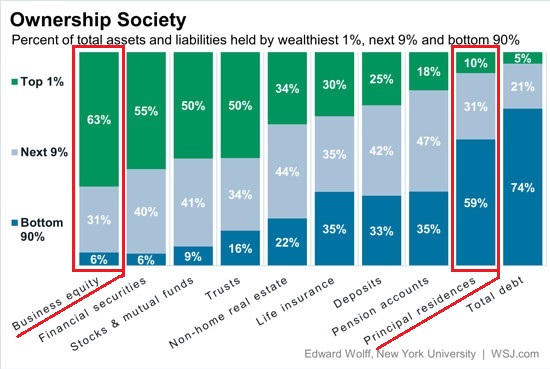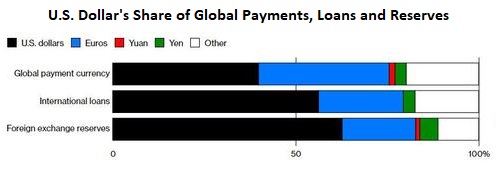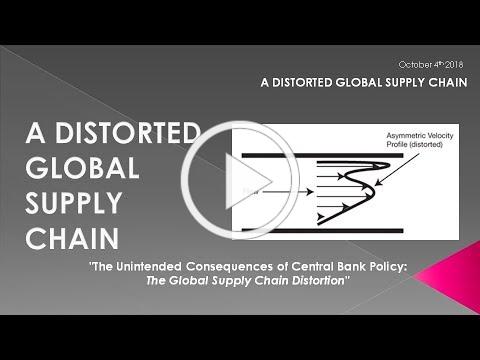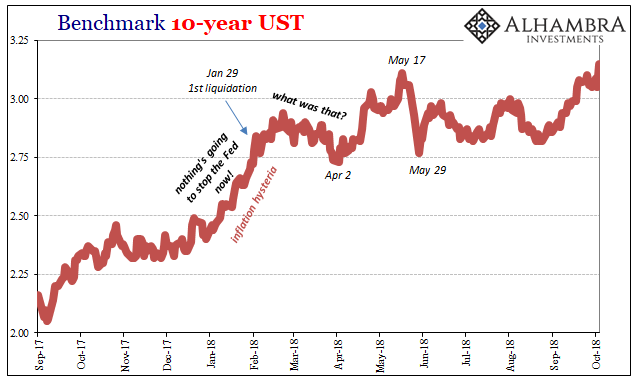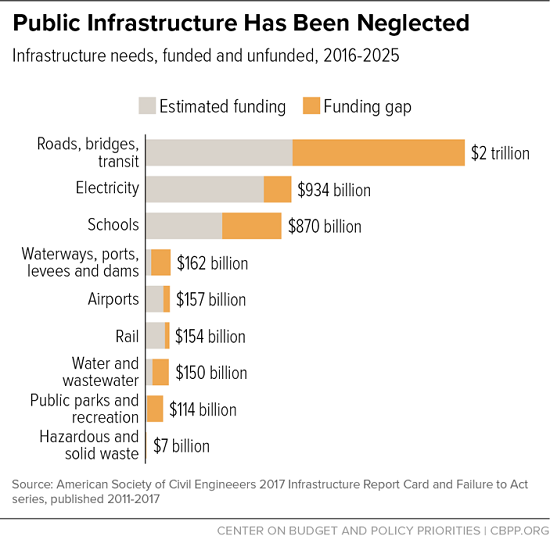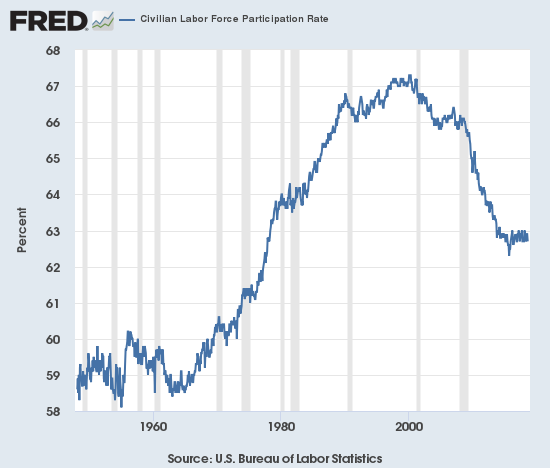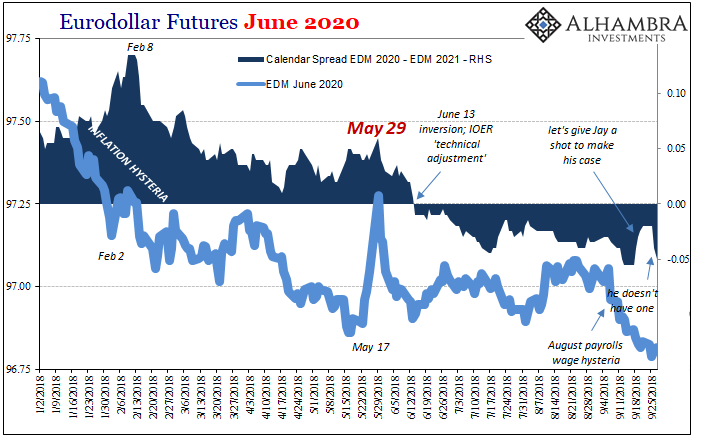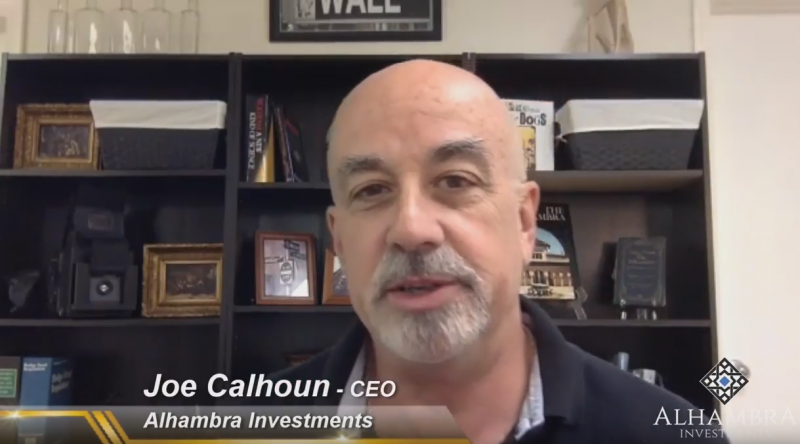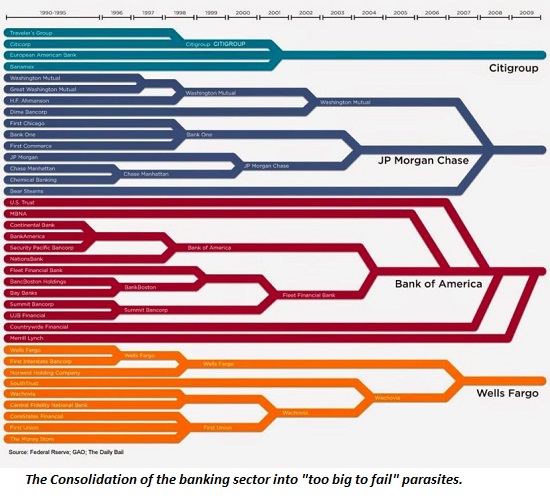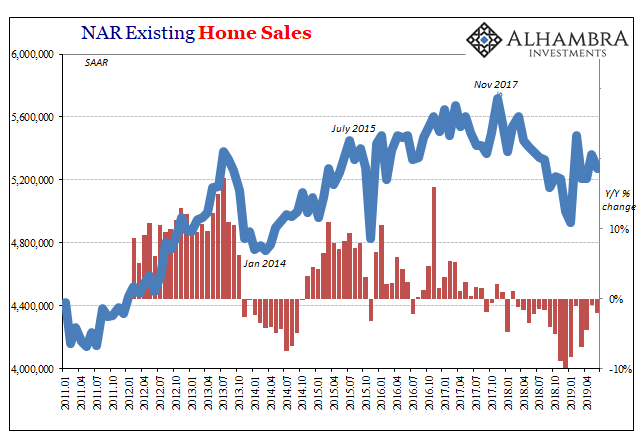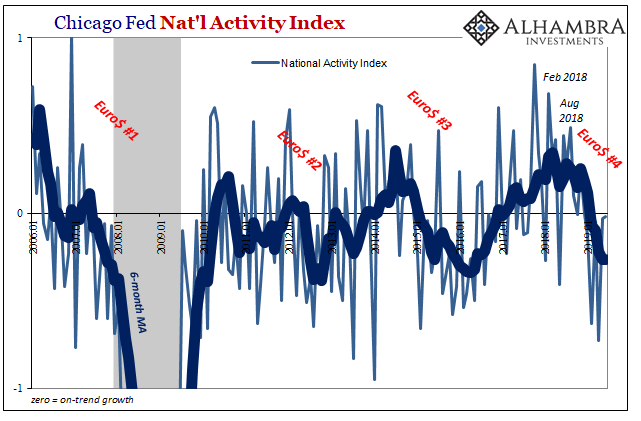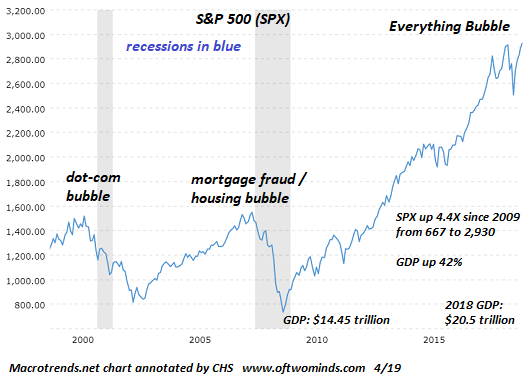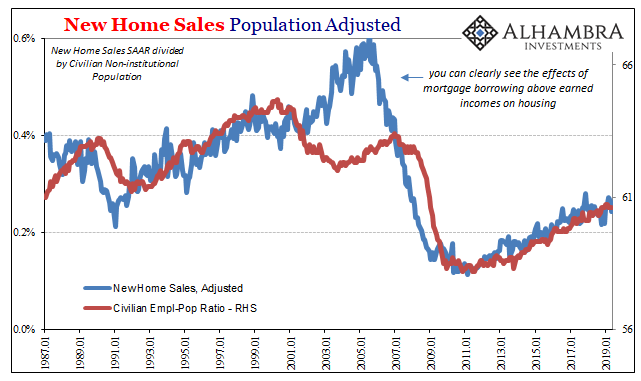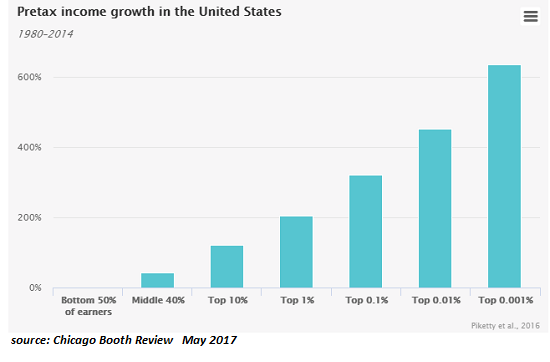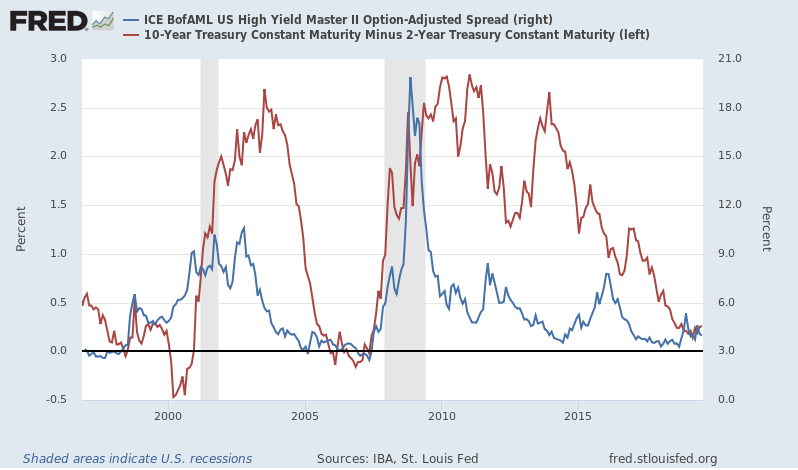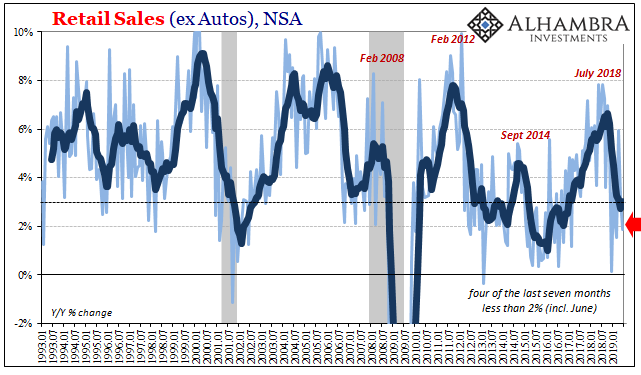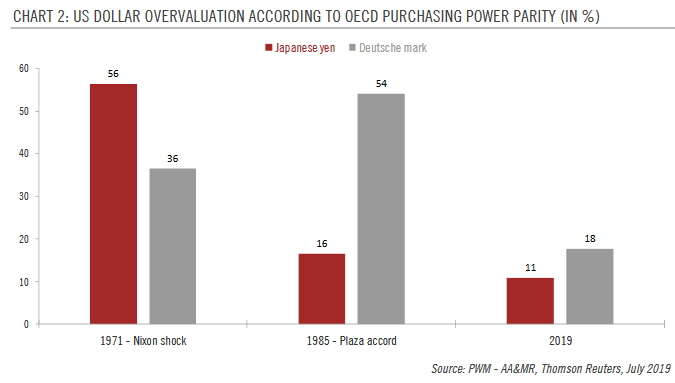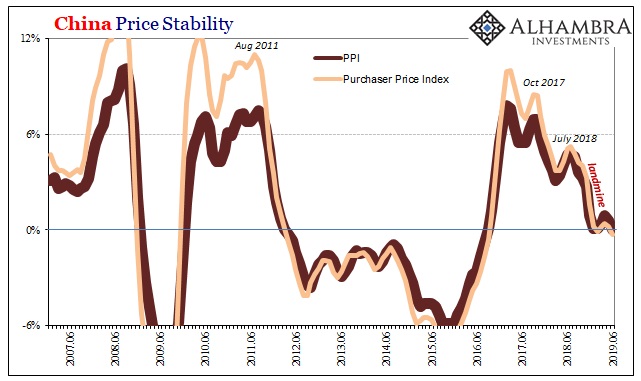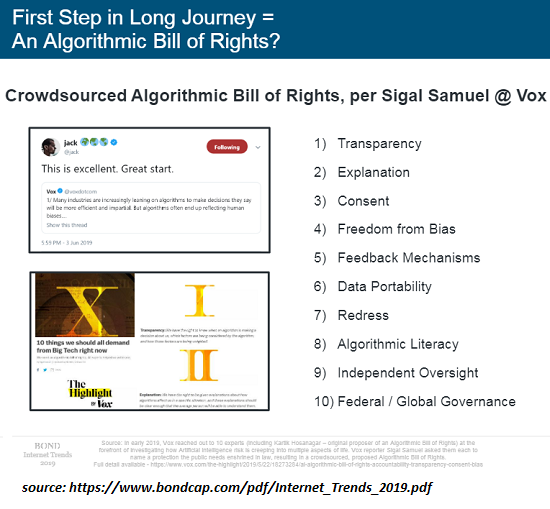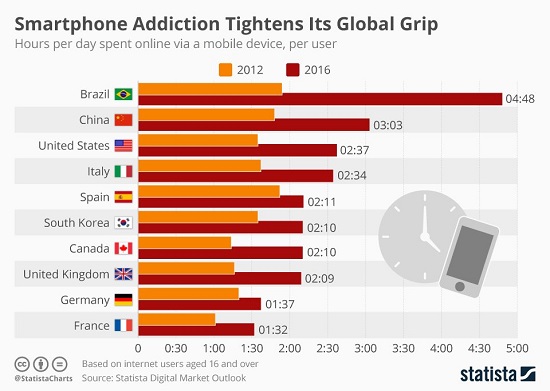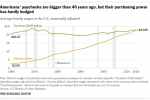Category Archive: 5.) The United States
No Such Thing As An 80 percent Boom
Many attribute the saying “a rising tide lifts all boats” to President John Kennedy. He may have been the man who brought it into the mainstream but as his former speechwriter Ted Sorenson long ago admitted it didn’t originate from his or the President’s imagination. Instead, according to Sorenson, it was a phrase borrowed from the New England Chamber of Commerce or some such.
Read More »
Read More »
Monthly Macro Monitor – October 2018
Stocks have stumbled into October with the S&P 500 down about 6% as I write this. The source of equity investors’ angst is always hard to pinpoint and this is no exception but this correction doesn’t seem to be due to concerns about economic growth. At least not directly.
Read More »
Read More »
The Coming Inflation Threat
Falling asset inflation plus rising cost inflation equals stagflation. Inflation is a funny thing: we feel it virtually every day, but we’re told it doesn’t exist—the official inflation rate is around 2.5% over the past few years, a little higher when energy prices are going up and a little lower when energy prices are going down.
Read More »
Read More »
Mutiny, Class, Authority and Respect
Humiliation and fear of a catastrophic decline in status foment mutiny and rebellion. I recently finished The Bounty: The True Story of the Mutiny on the Bounty, a painstakingly researched history of the mutiny, but with a focus on how the story was shaped by influential families after the fact to save the life of one mutineer, Peter Haywood, and salvage the reputation of the leader, Fletcher Christian, via a carefully orchestrated character...
Read More »
Read More »
Is the Greatest Bull Market Ever Finally Ending? (Hint: Follow the Money)
The key here is the gains generated by owning US-denominated assets as the USD appreciates. Is the Greatest Bull Market Ever finally ending? One straightforward approach to is to follow the money, i.e. global capital flows: assets that attract positive global capital flows will continue rising if demand for the assets exceeds supply, and assets that are being liquidated as capital flees the asset class (i.e. negative capital flows) will decline in...
Read More »
Read More »
Raining On Chinese Prices
It was for a time a somewhat curious dilemma. When it rains it pours, they always say, and for China toward the end of 2015 it was a real cloudburst. The Chinese economy was slowing, dangerous deflation developing around an economy captured by an unseen anchor intent on causing havoc and destruction. At the same time, consumer prices were jumping where they could do the most harm.
Read More »
Read More »
Just The One More Boom Month For IP
The calendar last month hadn’t yet run out on US Industrial Production as it had for US Retail Sales. The hurricane interruption of 2017 for industry unlike consumer spending extended into last September. Therefore, the base comparison for 2018 is against that artificial low. As such, US IP rose by 5.1% year-over-year last month. That’s the largest gain since 2010.
Read More »
Read More »
Now Back To Our Regularly Scheduled Economy
The clock really was ticking on this so-called economic boom. A product in many economic accounts of Keynesian-type fantasy, the destructive effects of last year’s hurricanes in sharp contrast to this year’s (which haven’t yet registered a direct hit on a major metropolitan area or areas, as was the case with Harvey and Irma) meant both a temporary rebound birthed by rebuilding as well as an expiration date for those efforts.
Read More »
Read More »
Here’s Why the Next Recession Will Spiral Into a Depression
Here's the difference between a recession and a depression: you can't get blood from a stone, or make an insolvent entity solvent with more debt. There are two basic differences between a recession and a depression: 1. Duration: a recession typically lasts between 6 and 18 months, while a depression drags on for years or even decades, often masked by official propaganda as "slow growth" or "stagnation."
Read More »
Read More »
How Many Households Qualify as Middle Class?
By the standards of previous generations, the middle class has been stripmined of income, assets and purchasing power. What does it take to be middle class nowadays? Defining the middle class is a parlor game, with most of the punditry referring to income brackets as the defining factor.
Read More »
Read More »
The Distortions of Doom Part 2: The Fatal Flaws of Reserve Currencies
The way forward is to replace the entire system of reserve currencies with a transparent free-for-all of all kinds of currencies. Over the years, I've endeavored to illuminate the arcane dynamics of global currencies by discussing Triffin's Paradox, which explains the conflicting dual roles of national currencies that also act as global reserve currencies, i.e. currencies that other nations use for global payments, loans and foreign exchange...
Read More »
Read More »
The Global Distortions of Doom Part 1: Hyper-Indebted Zombie Corporations
The defaults and currency crises in the periphery will then move into the core. It's funny how unintended consequences so rarely turn out to be good. The intended consequences of central banks' unprecedented tsunami of stimulus (quantitative easing, super-low interest rates and easy credit / abundant liquidity) over the past decade were: 1.
Read More »
Read More »
A Few Questions From Today’s BOND ROUT!!!!
On April 2, the benchmark 10-year US Treasury yield traded below 2.75%. It had been as high as 2.94% in later February at the tail end of last year’s inflation hysteria. But after the shock of global liquidations in late January and early February, liquidity concerns would override again at least for a short while. After April 2, the BOND ROUT!!!! was re-energized and away went interest rates.
Read More »
Read More »
Pensions Now Depend on Bubbles Never Popping (But All Bubbles Pop)
We're living in a fantasy, folks. Bubbles pop, period. The nice thing about the "wealth" generated by bubbles is it's so easy: no need to earn wealth the hard way, by scrimping and saving capital and investing it wisely. Just sit back and let central bank stimulus push assets higher.
Read More »
Read More »
Fixing Infrastructure Isn’t as Simple as Spending Another Trillion Dollars
It isn't easy to add new subway lines or new highways, and so "solutions" don't really exist. If there's one thing Americans can still agree on, it's that America needs to spend more on infrastructure which is visibly falling apart in many places. This capital investment creates jobs and satisfies everyone's ideological requirements: investment in public infrastructure helps enterprises, local governments and residents.
Read More »
Read More »
The Labor Shortage Is Real
Few conventional-media commentators are willing or able to discuss these factors in the labor shortage / declining participation trends. Is there a labor shortage in the U.S.? Employers are shouting "yes." Economists keep looking for wage increases as evidence of a labor shortage, and since wage increases are still relatively modest, the argument that there are severe labor shortages in parts of the U.S. is unpersuasive to many conventional...
Read More »
Read More »
Make Your Case, Jay
June 13 sticks out for both eurodollar futures as well as IOER. On the surface, there should be no bearing on the former from the latter. They are technically unrelated; IOER being a current rate applied as an intended money alternative. Eurodollar futures are, as the term implies, about where all those money rates might fall in the future. Still, the eurodollar curve inverted conspicuously starting June 13. That was the day of the prior “rate...
Read More »
Read More »
Droit du Seigneur and the Neofeudal Privileges of Class in America
Want to understand the full scope of neofeudalism in America? Follow the money and the power and privilege it buys. The repugnant reality of class privilege in America is captured by the phrase date rape: the violence of forced, non-consensual sex is abhorrent rape when committed by commoner criminals, but implicitly excusable date rape when committed by a member of America's privileged elite.
Read More »
Read More »
Monthly Macro Monitor – September 2018
Alhambra Investments CEO Joe Calhoun shares his opinions of the economy and market based on the most recent economic reports.
Read More »
Read More »
The Four Disastrous Presidential Policies That Are Destroying the Nation
It's admittedly a tough task to select the four most disastrous presidential policies of the past 60 years, given the great multitude to choose from. Here are my top choices and the reasons why I selected these from a wealth of policy disasters.
Read More »
Read More »











